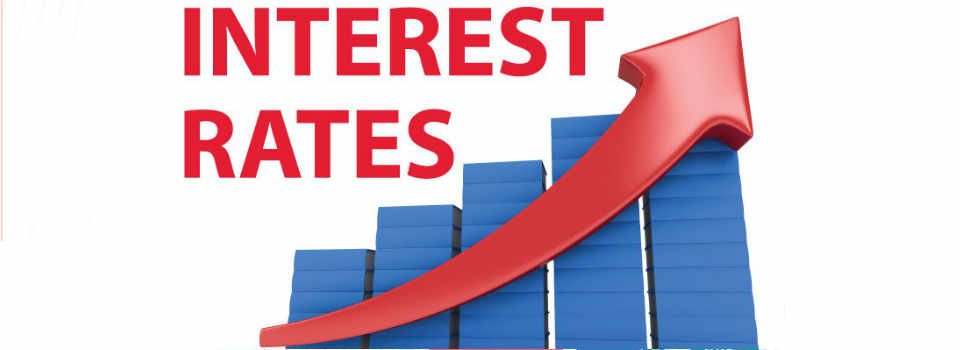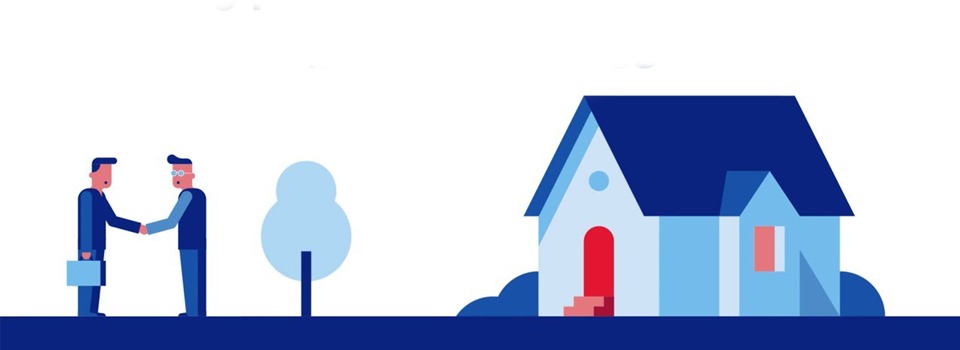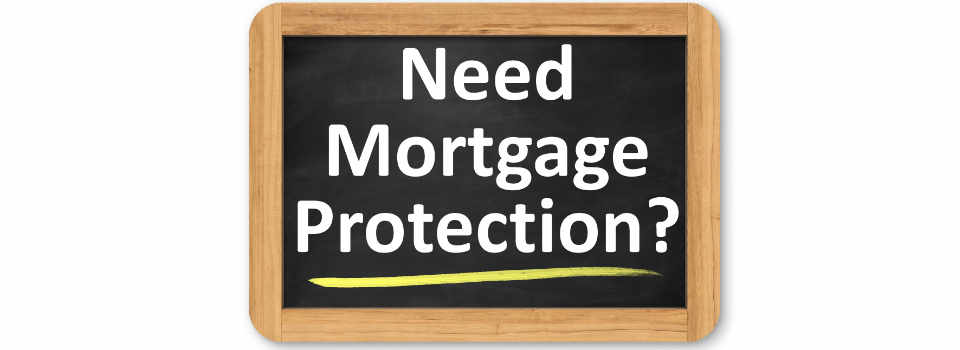A home purchase is the largest, single investment most people will ever make. Whether it’s a primary residence, a second vacation home or an investment property, the purchase of real estate is a complex financial transaction that requires many parties to come together..
The appraisers part of the process is to confirm the value you are paying (or re-financing) is what you paid!
An appraisal is an unbiased estimate of what a buyer might expect to pay – or a seller receive – for a parcel of real estate, where both buyer and seller are informed parties.
As a part of your mortgage financing your lender will wish to confirm your property value through a licensed appraiser (some lenders also use an approved list). The appraisal is compromised of a few key components.
- The Inspection – Generally an onsite visit is included along with photos of the property.
- The Approach – Are they using comparable properties and sales (most common in a purchase or refinance) or are they considering the cost of land, materials etc.
- The Report – A multi-page report outlining the details of the final value.
So, as you can image, the appraisal is a very important part of the process, and we have teamed up with the very best to ensure you are well taken care of in your financing experience!
Get in touch!
The first step of providing you with exceptional advice and options is for you to contact us. You can do this via. EMAIL/ PHONE/TEXT (204-296-5722) / FACEBOOK pretty much any way you want!
What To Do Next? 😎
- Reach out to us If you are THINKING about buying or Refinancing
- Send This Info & Video to everyone you know who is buying or selling or maybe refinancing Remember: they may be thinking of a refinance, investment property OR know a friend who is currently thinking of buying.
- Contact us early to get ahead of the game, even if your mortgage is not up for renewal until next year.
How to Start Reach US! 📲
- Call 204-296-5722 / Apply Here / or Email us!
- Book a call – www.richardd.ca/book









